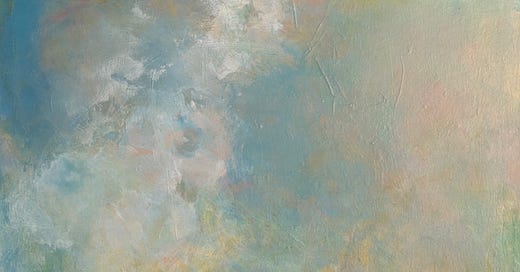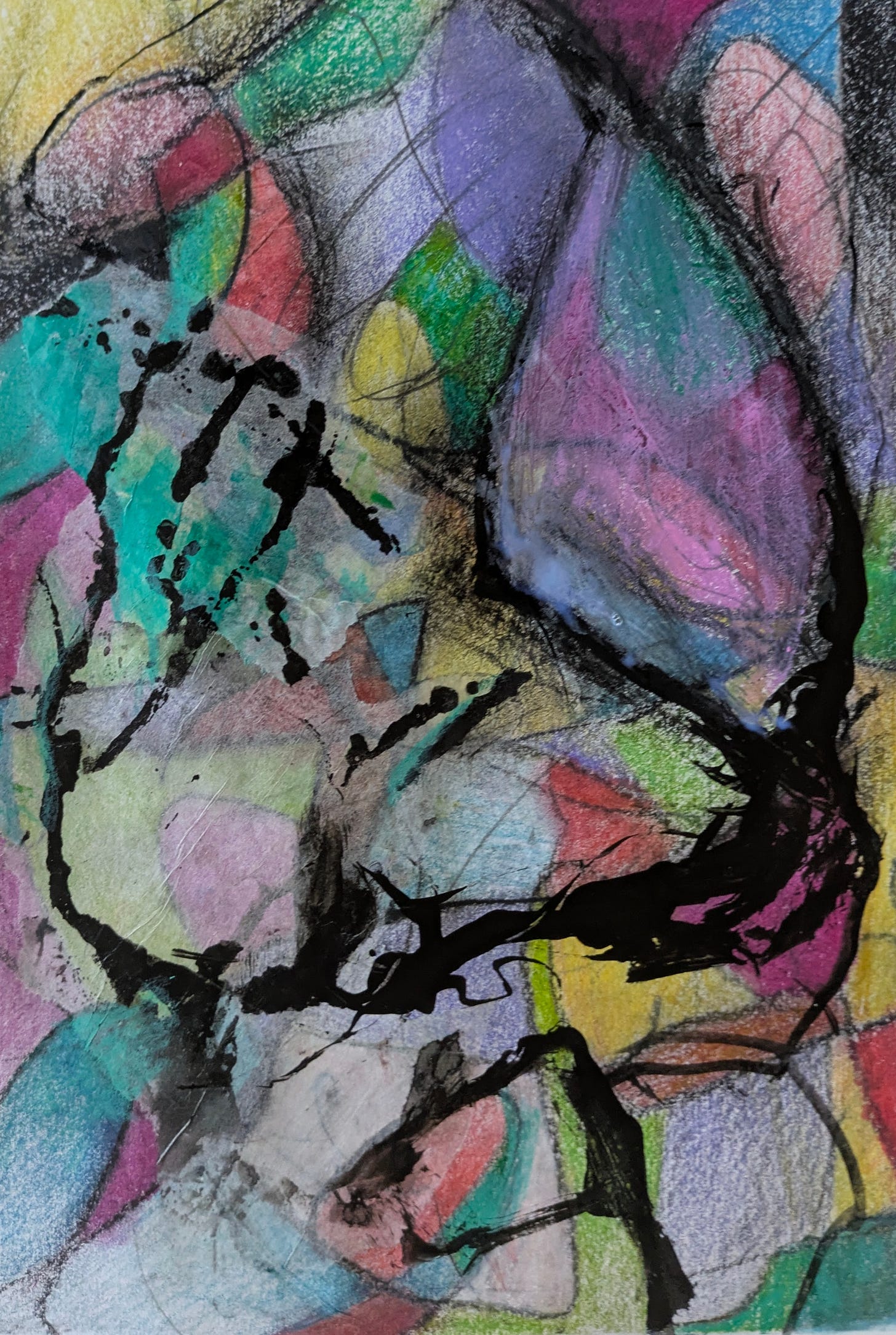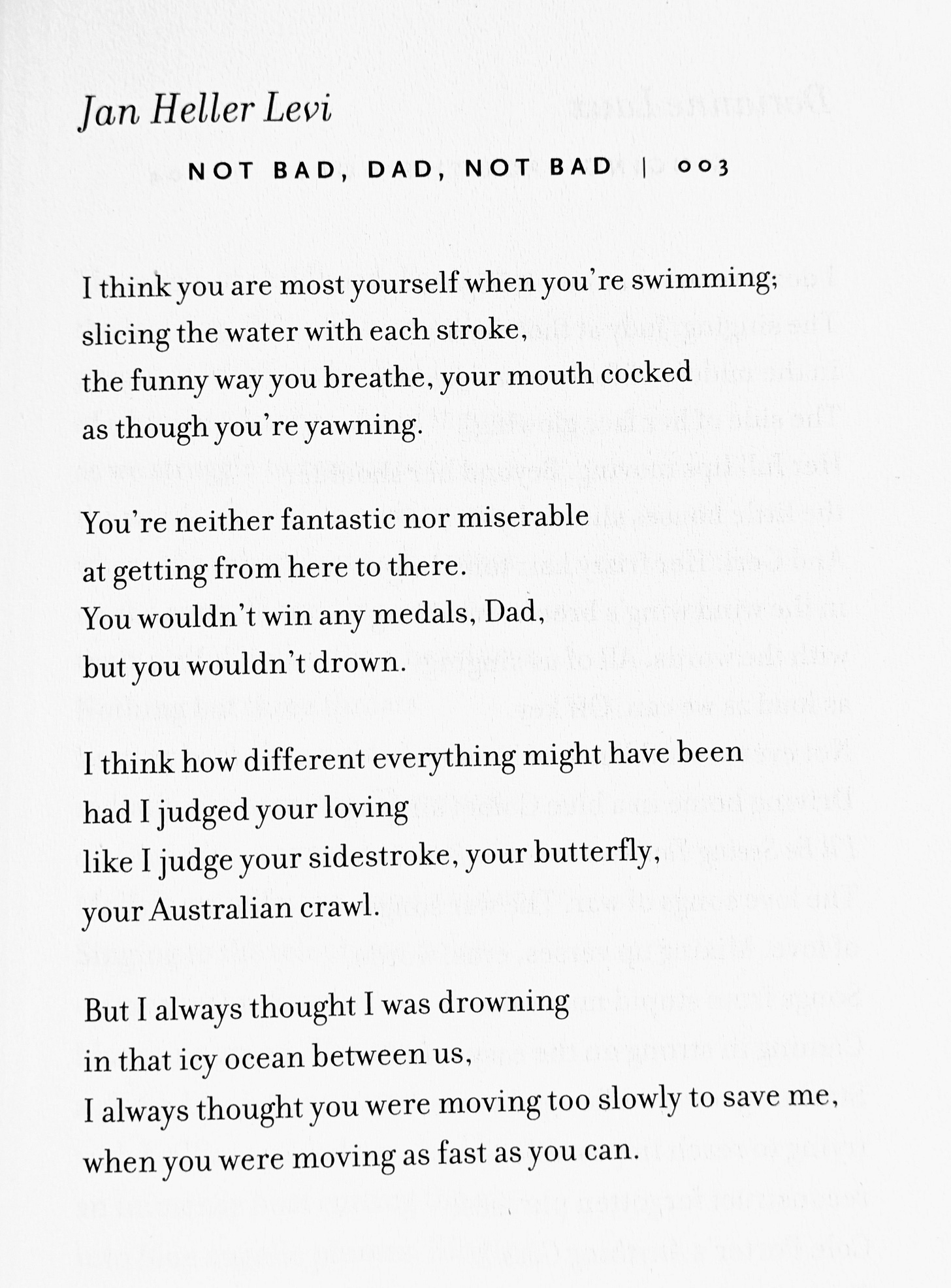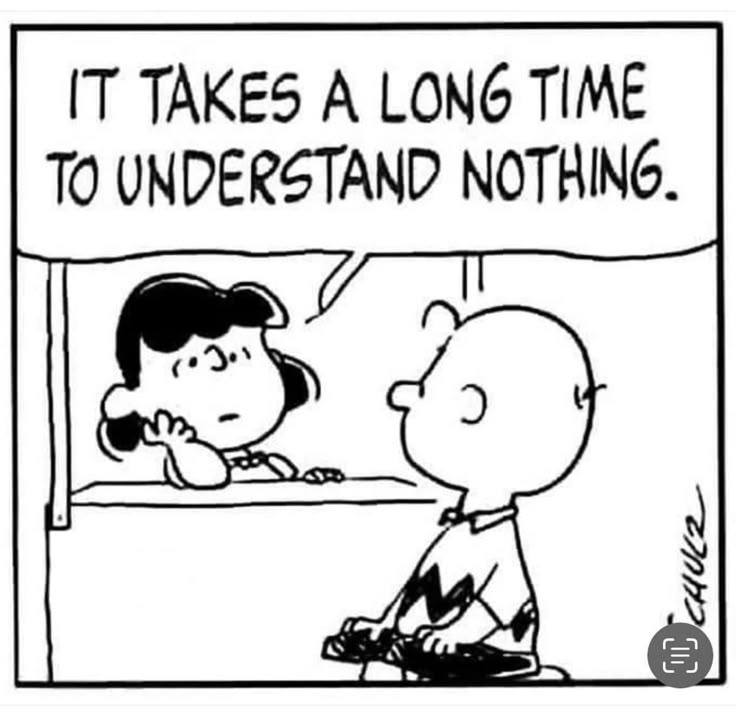Many countries celebrate Father’s Day this month. Some fathers are worth remembering fondly, and some fathers are not worth remembering. The worst ones, according to Marion Milner (writer, artist, psychoanalyst, educator), are the ones who retaliate against their children. That was my father.
Or you could substitute another word like “leader” or “friend” or “partner” instead of father. What connects them all is trust. In a relationship where trust is established or implicit, retaliation kills. It kills trust, faith, and sometimes hope.
Responding to the crisis glut in our daily news feed, in our society and around the world, many poets and journalists are reviving their hope in essays, poems and articles. Poet Jane Hirshfield writes a two-part essay, Poems in a Time of Crisis. Krista Tippett’s On Being podcast is offering a four-part series called The Hope Portal, where she explores what she calls “muscular hope,” which she says is a kind of imagined hope that has real-world consequences.
I call this active kind of hope, capital-H Hope. If hope is wishing something to change, then Hope is making the wish a reality. To bring Hope out of our imagination into the real world, we must trust our intuitive sensibilities. By this I mean, trust our inner knowing, feelings, and personal choices.
Let’s teach our children how to turn powerlessness into actionable Hope. Let’s show them how to use the energy of our emotions (including, but not limited to, anger) as a constructive force.
Working in my studio is one way I revive Hope. This acrylic painting is moving slowly forward, still a long way from resolution. I keep building the vision with layers of paint. I trust that eventually something will appear in this painting that impresses me, or that will lead me in a different direction.
Between sessions at the easel, I turn to drawing or collaging. These small pieces are not meant to be finished artworks. The goal is to play with materials, without judgement.
Collage and mixed media on paper.
Not Bad, Dad, Not Bad by Jan Heller Levi. Published in Poetry 180, ed. Billy Collins.
I love the quiet wisdom of this poem, and the way we can discover something about ourselves by remembering someone we once entrusted with our hope.
What is unique about art is personal, experiential: art doesn’t report facts. Its foundation is in the creator’s singular perspective, which then enables an experience for everyone it touches.
Wishing you trust in your intuition, and an opportunity to revive the constructive force in making something with your hands. Thank you for reading all the way to the end. If you enjoyed this post, please subscribe. Celeste
One more thing to think about:








This is really beautiful Celeste. Thank you. I quoted you last evening (again)...".that our most important job is to be the guardian of hope."
Celeste this post is really interesting, it gives me a lot to think about from my own upbringing and as I look at Rays parenting experience. I share d with both of our girls- thank you. We finally recovered- never really knew what the bug we had was, our covid tests were outdated and did show as negative but this recent strain is different. Anyway we survived and were fortunate that we could lay low and get well. Sorry to
Have missed our visit. Have a great summer.